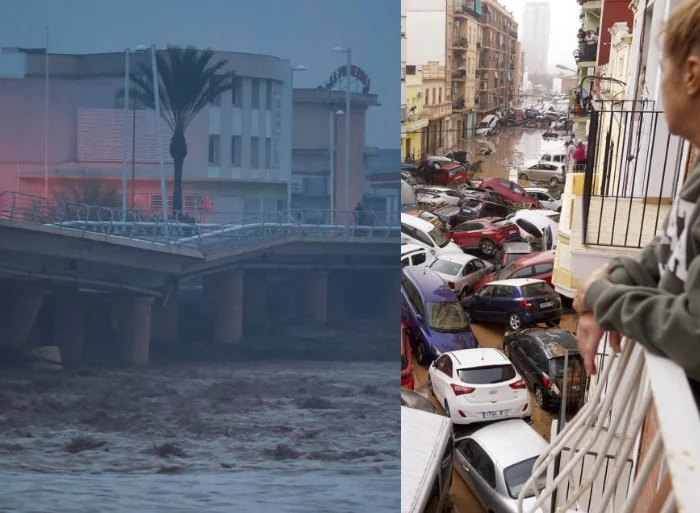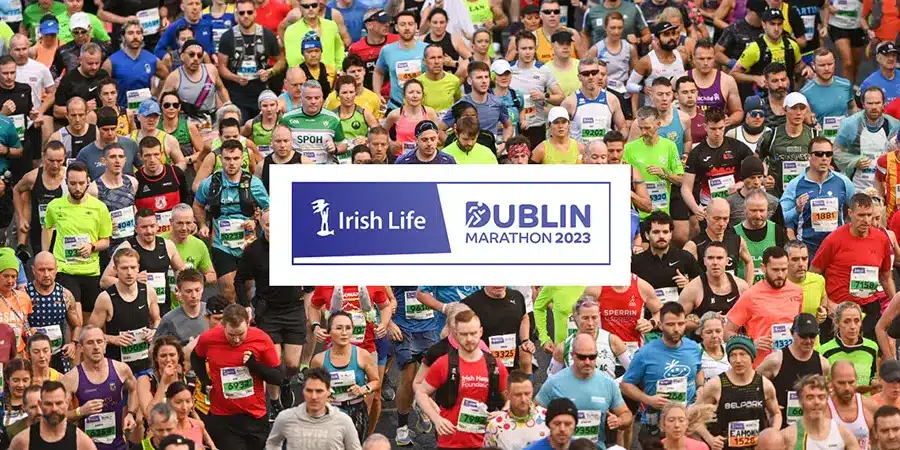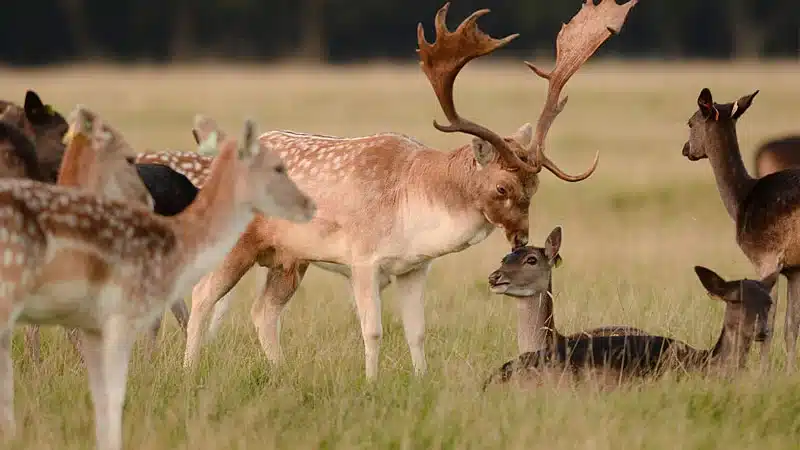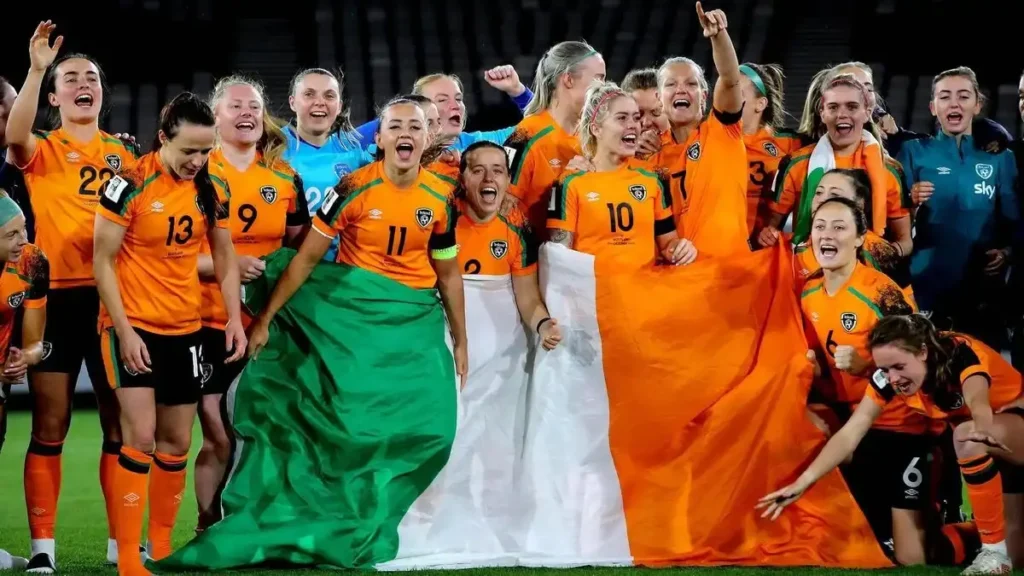Starmer Key Meeting with European Commission Sets Stage for Crucial UK-EU Talks
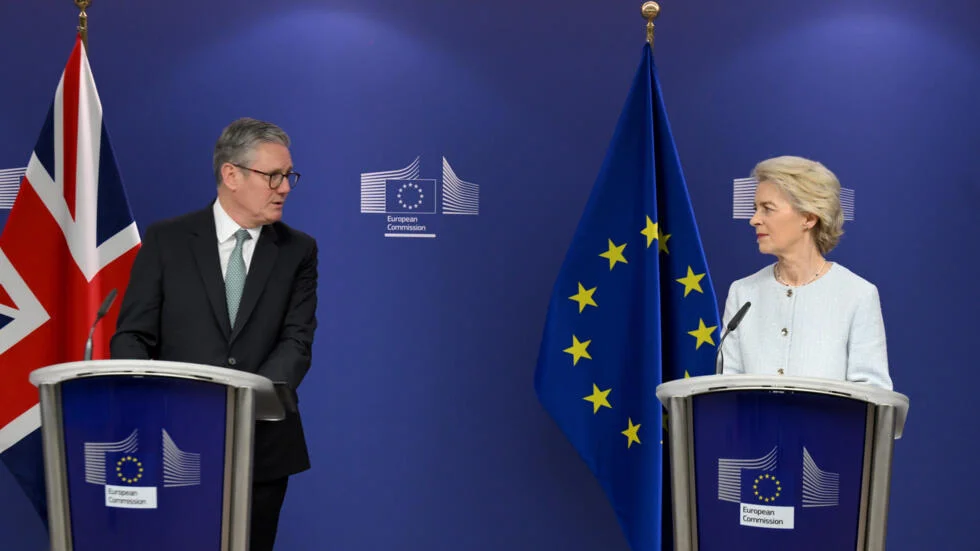
The British Prime Minister, Keir Starmer key meeting with European Commission president Ursula von der Leyen for the crucial UK-EU talks was held. As part of a post-Brexit reset between the European Union and the United Kingdom, the talks are scheduled to take place in Brussels.
Both the leaders shook hands when Ursula von der Leyen welcomed him at the Commission’s building in Berlaymont.
(Also read: Post-Brexit Diplomacy: Rebuilding UK-Ireland Relations in 2024)
Ursula von der Leyen said that before the discussions, the scale and speed of geo-political problems asked for like-minded persons to look forward to closer cooperation.
By bringing in the citing of Russia’s invasion of Ukraine, she said that the EU and the UK had cooperated previously at the G7 level and on relevant sanctions. Both sides were “strongly aligned” for similar purposes, which included climate change as well.
Ursula von der Leyen set the stage for the Starmer key meeting with the European Commission by saying that a solid set of agreements needs to be in place for fruitful results. The agreements she mentioned were the Brexit Withdrawal Treaty and the Trade and Cooperation Agreement (TCA).
She also hinted at the fact that the underpinning of post-Brexit trading agreements in Ireland is welcomed for the sake of ensuring that all the arrangements are in line with the actual targets.
She added, “We should explore the scope for more cooperation while we focus on the full and faithful implementation of the [Brexit] Withdrawal Agreement, the Windsor Framework and the TCA”.
Highlights of Starmer key meeting with European Commission
For beneficial results of UK-EU talks, Mr Starmer expressed his concerns about the return of the British public to sensible and pragmatic leadership features since dealing with close neighbours of the UK and making Brexit work is not child’s play. He was of the view that the UK has to find ways to boost its economy and deliver interests that are advantageous for both sides.
He believed that both parties would get stronger and be more equipped to deal with issues that they both faced, such as “irregular migration and climate change.”
His silence on the Windsor Framework and Britain’s efforts to forge tighter trade ties with the EU suggests that he is drawing boundaries by refusing to rejoin the single market or customs union.
However, the UK prime minister agreed with the condemnation of Ursula von der Leyen for the Iranian missile attack on Israel. He nodded that all sides should engage in a diplomatic way to get a solution for a ceasefire and look for a path to negotiation.
Starmer declared that Britain stands with Israel as it has full right to secure its sovereignty and do everything possible for its self-defence.
Also, he added that to reinstate Brexit, the UK-EU talks are for the betterment of both regions so that in current times of conflict, a duty to work together should be preserved for the stability and security of all. He was making reference to the conflict in Ukraine and the Middle East problem here.
In order to “put this relationship back on a stable, positive footing that I think we all want to see,” Starmer sought to reaffirm that Britain is committed to implementing Brexit.
He emphasised that a full and faithful implementation would be seen from Britain’s side. He indicated that his focus during the talks would remain on security, migration and trade.
Starmer has put a hold to his other appointments with leaders of the bloc’s leading organisations, including Roberta Metsola, president of the European Parliament, and Charles Michel, president of the EU Council.
The initial meetings do not show any concrete announcements. However, future directions have been set in formal meetings between Starmer and Ursula von der Leyen.
LATEST NEWS
DISCOVER MORE



